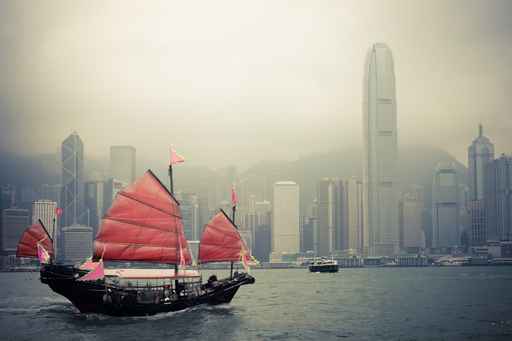China’s new dawn
Back in October Fleishman-Hillard Brussels was delighted to welcome Li Hong, President of Fleishman-Hillard China, to discuss the upcoming leadership transition in China and its impact on business with a handful of Brussels-based public affairs professionals. Fast-forward one month and the new leaders of China are being unveiled at the Chinese Communist Party (CCP) Congress in November.
The conclusion of the 18th National Congress on 15 November 2012 provided a window into the inner workings of the Chinese Communist Party (CCP). The selection of the seven members of the country’s powerful Politburo Standing Committee (PSC, or politburo) not only illustrates the tensions in China’s leadership, it also emphasises the ideological struggles – and differences – in core ideas and values, different approaches to the country’s openness and fundamental questions regarding reciprocity for investments.
Following the establishment of China’s new leaders, FH Brussels and FH Beijing have clubbed together to provide an analysis – available here – of the political changes and their impact on doing business in China and Sino-EU relations more broadly.
Opportunities and challenges
In recent years, the global economic slowdown has dramatically increased attention to China’s market prospects and its moves both inside and outside the country. Internally, China’s shift towards a “post-industrial” phase will offer opportunities to foreign companies operating in the country. Clients ranging from a broad range of sectors – retail, finance, telecoms, transport, pharmaceutical, automotive, chemicals and construction among them – have high stakes in the future of EU-China relations.
However, a key hurdle remains the privileges granted to State-Owned Enterprises. As China cautiously proceeds with political reform, a central question is whether these systemic changes will benefit foreign companies operating in China and begin to level the playing field.
Externally, while Europe views itself as having remained resiliently open during the current crisis; the continuation of asymmetric Sino-EU trade relations could ultimately lead to reciprocal measures if China does not open up its market.
Navigating through challenging waters together?
While hurdles remain, closer collaboration between governments and business could help address key common challenges – energy and food security, resource scarcity, environmental issues and the consequences of an ageing population.
Whilst rather predictable, the leadership change unveiled at the Chinese Communist Party (CCP) Congress in mid-November will determine both opportunities for international companies in China and Chinese companies’ prospects on world markets for the coming years. This leadership change further confirms the international impact of “national” politics which means that a silo approach to public affairs is no longer the way ahead.
Find Out More
-
Are you fit for 2024? Communicating in a year of change
February 27, 2024



